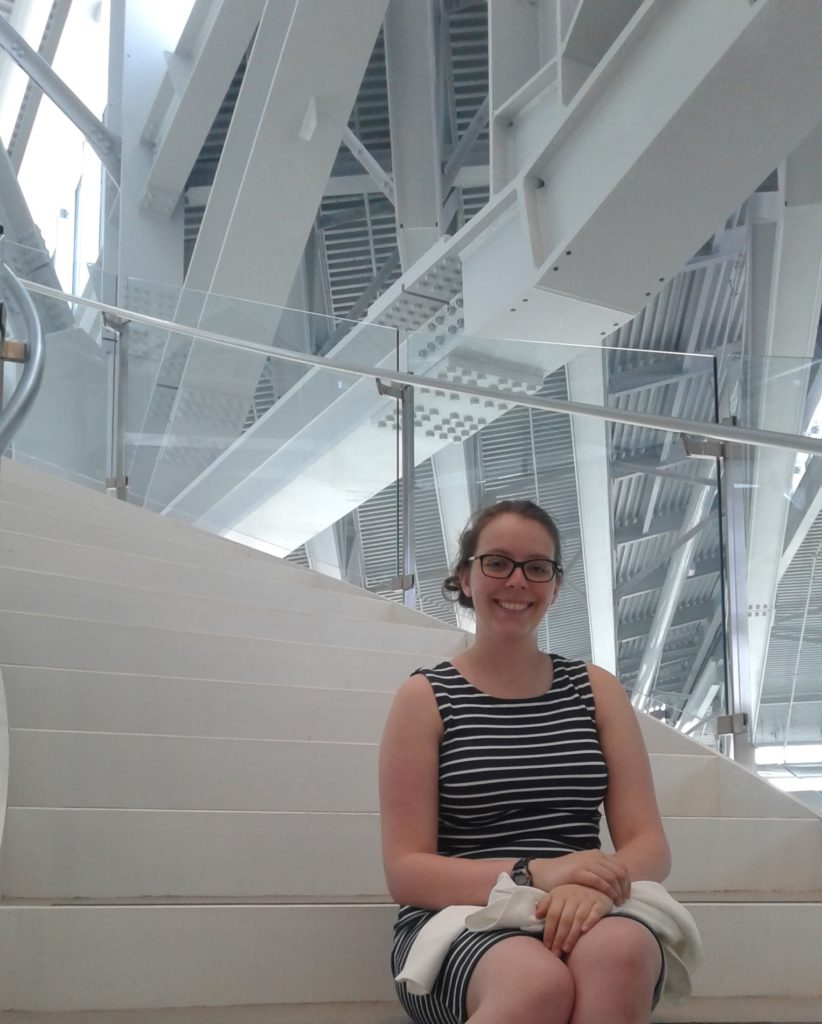L’Association canadienne d’éducation de langue française (ACELF) propose depuis quelques années un programme de stages en enseignement dans les communautés francophones. Un séjour de deux mois pour de futurs enseignants, qui en reviennent enrichis tant sur le plan pédagogique qu’en matière de francophonie en milieu minoritaire.
Voici les commentaires des stagiaires qui sont allés en Ontario, dans l’Ouest canadien et même au Yukon en 2018 et 2019. Ces stagiaires étaient tous étudiants au campus de Lévis de l’Université du Québec à Rimouski, et ont été reçus dans des écoles élémentaires.
Les défis d’un milieu minoritaire
L’ensemble de ces apprentis enseignants l’a constaté : le milieu minoritaire, que de défis! Il faut s’adapter. Trouver des stratégies d’enseignement afin d’aider les élèves à trouver leur identité francophone. Mais il faut aussi être ouvert au vécu de ces jeunes, qui n’ont souvent l’occasion de parler en français qu’à l’école.
À l’élémentaire, faire une lecture quotidienne d’un livre en français, c’est ouvrir aux élèves une fenêtre sur la francophonie. Certains ont été sensibles à cette façon de faire comme Amélie Drolet-Bouchard, dont le stage s’est passé à la Cité Jeunesse de Trenton, en Ontario.
Adaptation nécessaire
Lorsqu’on travaille au sein d’un conseil scolaire francophone et catholique, s’adapter signifie aussi accepter des façons de faire différentes, comme chanter l’Ô Canada en classe ou dire une prière. D’autres ont aussi pris conscience que valider la compréhension d’un élève, c’est bien, mais c’est encore mieux quand nos outils d’évaluation sont adaptés au bon niveau de l’enfant.
Les jeunes apprentis ont été confrontés à la gestion des comportements en classe. Là aussi, tenir compte des besoins des apprenants aide à individualiser les interventions.
Être inclusif
Île-des-Chênes, école Gabrielle-Roy, à 30 minutes du quartier francophone de Saint-Boniface à Winnipeg. C’est là que Chloé Dion a fait son stage en adaptation scolaire. Ce qui l’a surprise, c’est l’inclusion des élèves en adaptation dans les classes dites « normales ». Selon elle, il y avait un bon respect entre les élèves même si « tout le monde était intégré ».
Une partie de ses interventions visait aussi à leur redonner confiance. « Quand ils parlaient anglais, ils regardaient les autres droits dans les yeux. En français, ils étaient plus gênés. Pourtant, ils étaient fiers de leur langue ». Chloé mentionne qu’elle a aussi appris à accepter de ne pas tout faire dans une journée.
« Prendre le temps d’être bienveillant avec nos élèves, les gens, c’est aussi ça être inclusif ».
Chloé
Naviguer dans des espaces différents
La majorité des participantes (18 filles sur 19 pour 2018 et 2019) ont grandement aimé l’accueil qu’elles ont reçu de la part des enseignantes associées, ainsi que le partage des ressources. Charles Boucher, l’élément masculin des deux cohortes, a fait son séjour à London en Ontario. Il a été confronté à un environnement de classe différent de ce qu’il avait connu au Québec.
« Ma classe était grande, il y avait différentes sections. Celle du tapis servait à socialiser, un autre endroit était pour la partie magistrale et il y avait un îlot avec des pupitres pour du travail en dyade ou en équipe. »
Charles
Idem pour Maude Dubé-Laroche, qui a été ravie de travailler dans une classe dite flexible au Yukon : « J’ai compris que c’est à nous de nous adapter aux besoins des élèves et non l’inverse ».
Ça ne change pas le monde sauf que…
Enseigner en milieu minoritaire, c’est prendre conscience qu’on sert de modèles aux jeunes francophones qui sont devant nous. Mais c’est aussi prendre conscience que la francophonie n’est pas unidimensionnelle. Elle est façonnée par le vécu de ses jeunes pour qui le français est parfois une deuxième, voire une troisième langue. Charles Boucher l’avoue : il est l’un de ceux qui ont découvert la francophonie avec ce stage! Maintenant enseignant à Montréal, il est résolument engagé dans les activités de l’ACELF. À tel point qu’il fait maintenant partie du Comité d’orientation de la Semaine nationale de la Francophonie. Poussé par son enseignante associée à se dépasser, c’est à son tour « de faire passer la flamme de la francophonie » à ses élèves de 4e année.






